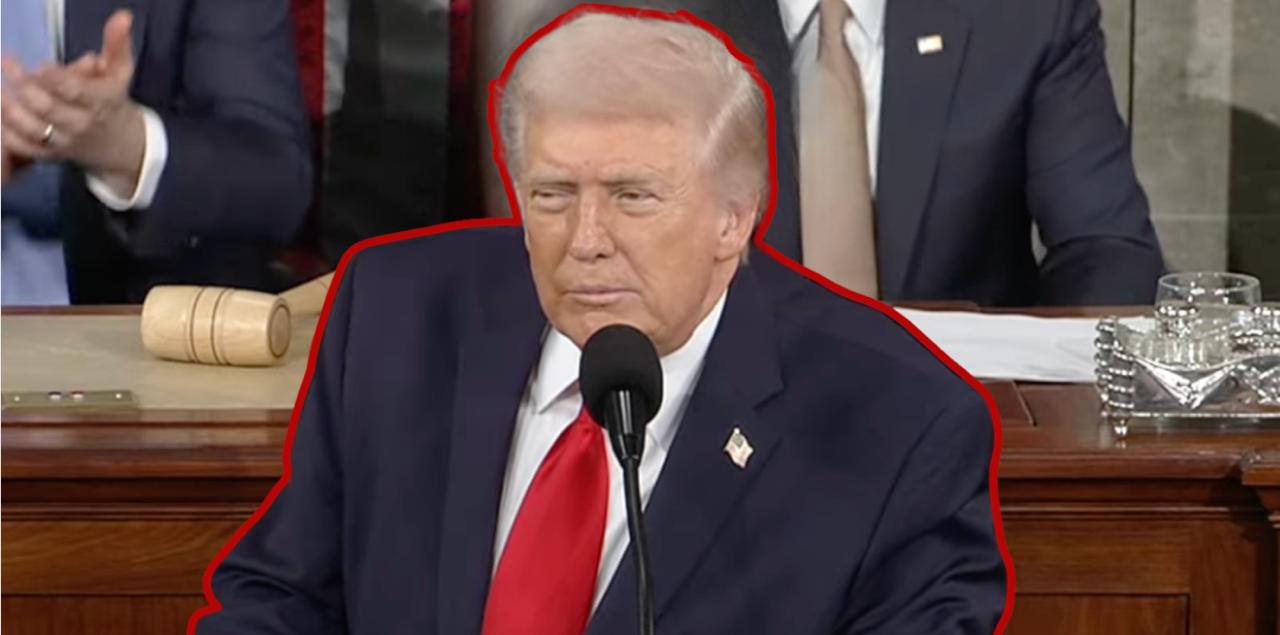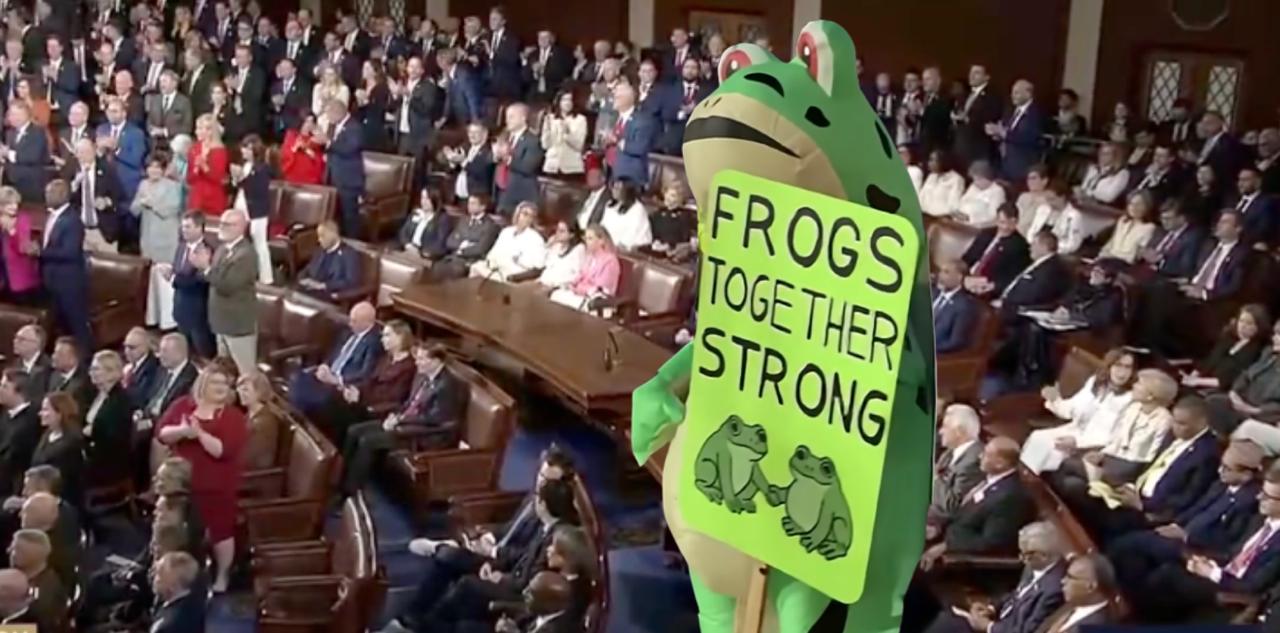Leaders of the world's two largest authoritarian states, China and Russia, met in Moscow to discuss the global power dynamics and their shared interest in shaping the world order. Human Events Daily's Jack Posobiec broke down the major consequences that this meeting could have, and noted that the two countries are "putting together the new roadmap for the world order" and are "going around the horn" to establish their dominance in key geopolitical areas.
Posobiec highlighted the recent deals made between Saudi Arabia and Iran, which had been in conflict for thousands of years, as an example of China's ability to resolve conflicts more efficiently than the United States.
"Putin and Xi are meeting in Moscow," said Posobiec. "They're putting together the new roadmap for the world order. Xi came out and said unequivocally, China stands with Russia to hold up the world order. What are they doing? They're going around the horn," to use a baseball term. "Saudi and Iran just signed a deal, they've reestablished diplomatic relations. The Saudis and the Iranians, the Sunnis and the Shia, thousands of years of warfare and conflict, sectarian violence. The US spent 20 years in the year on Iraq, and couldn't take care of this in Iraq. China does it in a day," Posobiec said.
"Turkey and Syria, done. They're hammering it out," he said, referring to deals made by Turkish President Erdogan and the Assad regime.
"Do you understand what's going on? The United States is being reduced to 'that island over on the other side of the world that causes trouble, that is sending rainbow flags and pink-haired weirdos everywhere. Hey, they buy our stuff though, so we pick up the phone when they call from time to time, but you don't really have to listen to them.'"
Posobiec then quoated an Austrian diplomat, who said that "in a world of three, be two."
During their meeting, Russian President Vladimir Putin and Chinese President Xi Jinping discussed their peace plan for Ukraine, which could potentially end the ongoing conflict.
The Chinese plan does not call for Russia to leave Ukraine, which has been a key demand of the Ukrainian government. The plan emphasizes the need for peace talks and respect for national sovereignty while condemning unilateral sanctions, which are seen as a criticism of Ukraine's Western allies. US Secretary of State, Antony Blinken, has stated that calling for a ceasefire before Russia withdraws from Ukraine would effectively support the ratification of Russian conquest.
Xi claimed that China had an "impartial position" on the conflict in Ukraine and sought to position China as a potential peacemaker. The joint statement released by China and Russia after the meeting emphasized that their close partnership did not constitute a military-political alliance and was not directed against third countries.
Despite this, concerns remain in the West that China could provide military support to Russia.
Meanwhile, Japan's Prime Minister Fumio Kishida made a surprise visit to Kyiv, becoming the first Japanese leader to visit a country in conflict since World War II. Kishida promised unwavering support to Ukrainian President Volodymyr Zelensky with talk of reconstruction and humanitarian aid.
Zelensky has invited China to become a partner in the implementation of the peace formula.
Posobiec highlighted the recent deals made between Saudi Arabia and Iran, which had been in conflict for thousands of years, as an example of China's ability to resolve conflicts more efficiently than the United States.
"Putin and Xi are meeting in Moscow," said Posobiec. "They're putting together the new roadmap for the world order. Xi came out and said unequivocally, China stands with Russia to hold up the world order. What are they doing? They're going around the horn," to use a baseball term. "Saudi and Iran just signed a deal, they've reestablished diplomatic relations. The Saudis and the Iranians, the Sunnis and the Shia, thousands of years of warfare and conflict, sectarian violence. The US spent 20 years in the year on Iraq, and couldn't take care of this in Iraq. China does it in a day," Posobiec said.
"Turkey and Syria, done. They're hammering it out," he said, referring to deals made by Turkish President Erdogan and the Assad regime.
"Do you understand what's going on? The United States is being reduced to 'that island over on the other side of the world that causes trouble, that is sending rainbow flags and pink-haired weirdos everywhere. Hey, they buy our stuff though, so we pick up the phone when they call from time to time, but you don't really have to listen to them.'"
Posobiec then quoated an Austrian diplomat, who said that "in a world of three, be two."
During their meeting, Russian President Vladimir Putin and Chinese President Xi Jinping discussed their peace plan for Ukraine, which could potentially end the ongoing conflict.
The Chinese plan does not call for Russia to leave Ukraine, which has been a key demand of the Ukrainian government. The plan emphasizes the need for peace talks and respect for national sovereignty while condemning unilateral sanctions, which are seen as a criticism of Ukraine's Western allies. US Secretary of State, Antony Blinken, has stated that calling for a ceasefire before Russia withdraws from Ukraine would effectively support the ratification of Russian conquest.
Xi claimed that China had an "impartial position" on the conflict in Ukraine and sought to position China as a potential peacemaker. The joint statement released by China and Russia after the meeting emphasized that their close partnership did not constitute a military-political alliance and was not directed against third countries.
Despite this, concerns remain in the West that China could provide military support to Russia.
Meanwhile, Japan's Prime Minister Fumio Kishida made a surprise visit to Kyiv, becoming the first Japanese leader to visit a country in conflict since World War II. Kishida promised unwavering support to Ukrainian President Volodymyr Zelensky with talk of reconstruction and humanitarian aid.
Zelensky has invited China to become a partner in the implementation of the peace formula.





